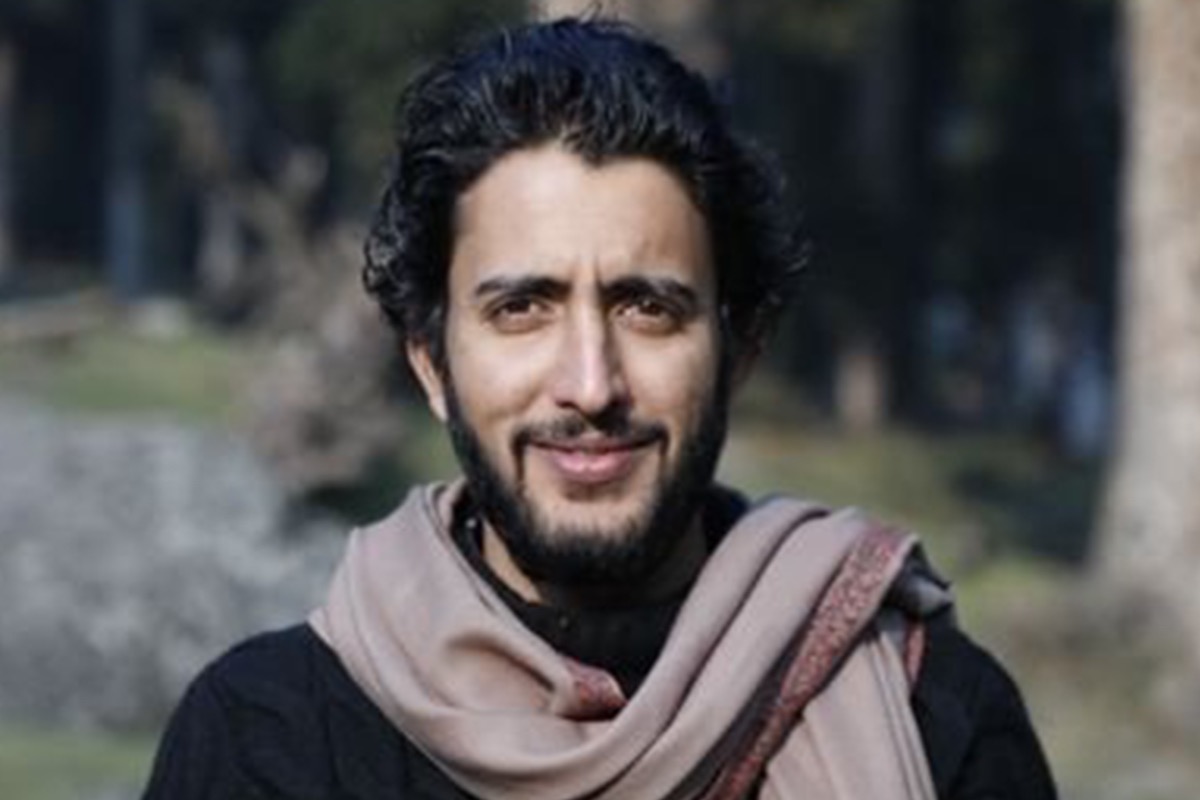The State Investigation Agency (SIA) has filed a chargesheet against detained Kashmiri journalist and editor of online magazine ‘Kashmir Wallah’, Peerzada Fahad Shah, alleging that he has received foreign funding of over ₹40 lakhs.
The SIA further claimed that Shah collected domestic and foreign funds which could be used for subversive purposes. According to the SIA, the subscription model followed by digital media platforms could be used by “unscrupulous elements” to pump money and foment trouble in Jammu and Kashmir.
Shah has been charged with operating three particular bank accounts through which the subscriptions worth ₹95.59 lakh were raised, including the foreign funding worth ₹40 lakh, in violation of the Foreign Contribution (Regulation) Act (FCRA).
The chargesheet claimed that the money was transferred in three installments even though the account was not eligible to receive foreign contributions as it was not registered under the provisions of FCRA.
The SIA has charged Shah and his opinion contributor Fazili with pursuing the objective to “create, sustain, and spread disaffection, hatred, and enmity against the Indian State”. The chargesheet claimed that the evidence collected during the course of investigations established that Shah and Fazili “resurrected a platform for reviving the narrative in support of the terrorist and separatist ecosystem” under a “well-directed conspiracy and Pakistan’s efforts”.
Shah and Fazili were arrested in February-April 2022 and booked under different provisions of the Unlawful Activities (Prevention) Act and the Indian Penal Code. They were initially charged with “glorifying terrorism and secessionism and selectively promoting Pakistan’s and the separatists’ agenda and narrative through the media”.
The SIA said that oral, documentary, and material evidence collected during the course of investigations established that select anti-India elements within the media, guided from across, have held several secret meetings in which the adversary instructed them “to form media platforms, especially digital platforms that are inexpensive but have a wider reach; form and float associations that can conceal and camouflage such persons and screen their connections with and funding from hostile foreign agencies and terrorist/secessionist entities”.
Fazili, it has pointed out, continued to receive a government scholarship while pursuing his PhD and simultaneously siding with the adversary and becoming “contaminated and compromised media persons”.










